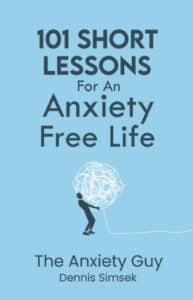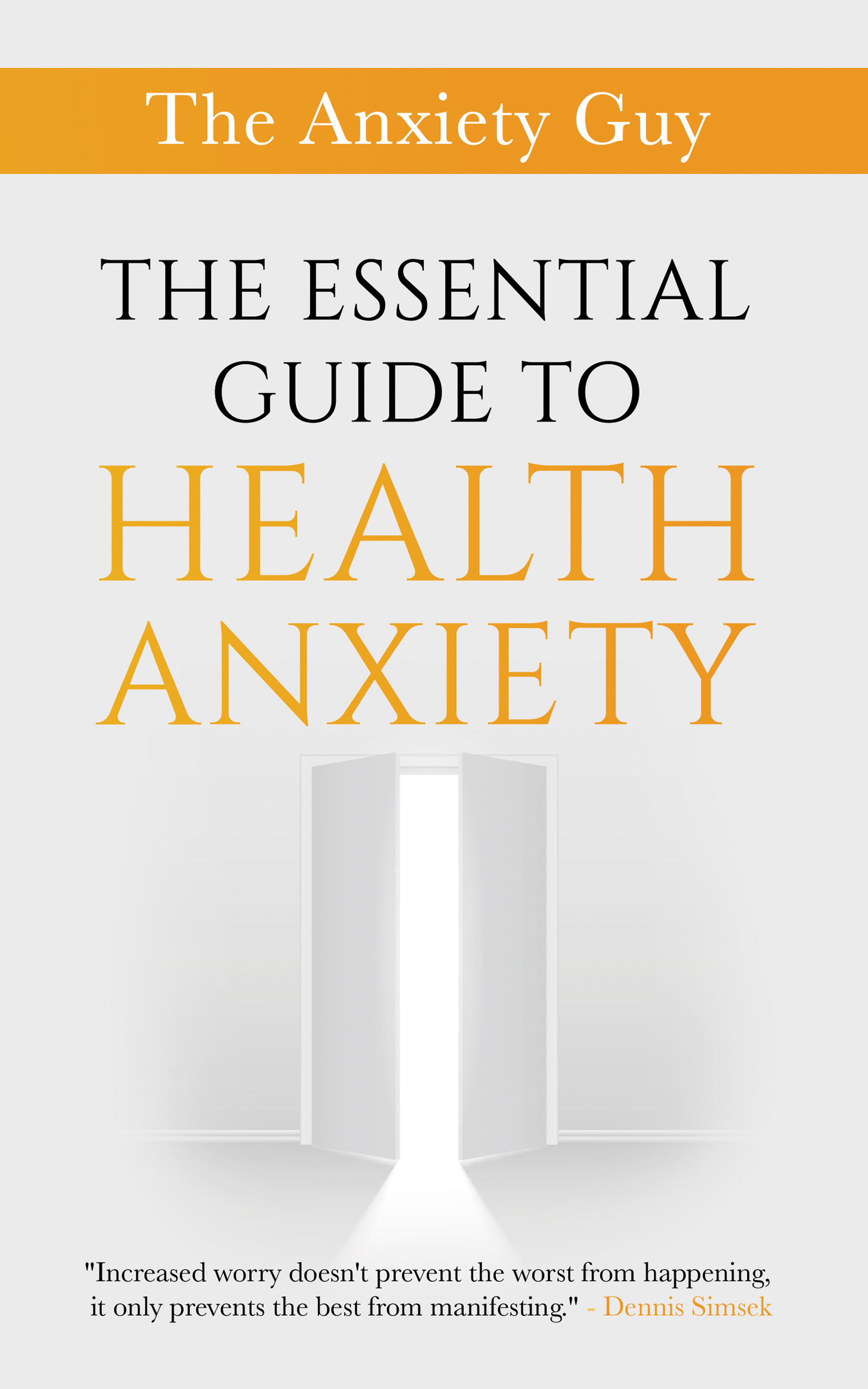“A Panic Attack Is A Sign Your Entire System Is In Perfect Working Order And No, It Can’t Kill You.”
Panic attacks refer to sudden uncontrollable episodes of fear which may occur at any time. They are temporary but intense bouts of extreme anxiety, typically worsened by undue worry and stress. When such brief bouts of severe anxiety and fear get out of hand, it quickly develops into a panic attack.
Subsequently, the person loses control over his/her physiological responses and over their thoughts, and they end up believing that they cannot do anything to change the situation.
There are many things that can trigger a panic attack such as sudden and rapid lifestyle change, certain phobias, prolonged stress, excessive hesitation about something, or domination of the mind by bad memories, thoughts, or beliefs about the dangerous effects of external factors. It’s important to note that panic can also occur due to excessive worrying about suffering from another bout of panic
Panic attacks are primarily caused due to fear.
It is also known that trying to resist a panic attack can also result in a panic Hence, sufferers should restrain from avoidance behaviours. Below are some tips on preventing panic attacks:
Controlled breathing: Control over your breathing can go a long way towards lessening amygdala functioning in the brain, and sending calming signals to your brains fight or flight mechanism. The best way to gain control over breathing is by taking purposeful slow breaths and eliminate the desire to breathe quick or excessively.
You can begin by inhaling for 5 seconds, then holding the breath for a couple of seconds, and then exhaling for 6 to 7 seconds. Follow this whenever you feel the onset of panic; it will not stop the panic attack, but can definitely lower the intensity of the attack. It is one of the best panic attack help steps for long term desensitization.
Talk about Panic Attacks: Sufferers often find it embarrassing to talk about their panic attacks and try to overcome them on their own. Whenever a person feels that he/she is feeling sensations about something being wrong, they naturally tend to avoid, push away, or try and correct such feelings on their own. This is wrong. It is best to share your thoughts and feelings as much as possible. You can call friends, family, or anyone you trust and talk to them about your feelings and get some panic attack help through others who may have experienced similar experiences themselves.
Adapting to triggers: Consult a mentor/coach/therapist and begin desensitizing yourself to the known triggers. The process of desensitization refers to the process of getting used to a specific trigger or triggers so that it eventually stops causing panic attacks. For example, if watching a war movie triggers a panic attack, then keep watching war movies under the guidance of an expert till the time you get used to watching such movies.
“Vanilla Is Our Goal. When We Can Get To An Emotional Level Of Neutralness During Experiences That Used To Cause Fear And Panic, We’re Winning.”
Exercise and Lifestyle changes: Eat a healthy and balanced diet. Vitamin deficits can trigger panic attacks, so ensure that you get adequate nutrients. Also ensure that you get enough sleep as lack of sleep is a major cause of panic attacks. Regular exercise can improve both physical and mental health and pave the path towards reduction in panic.
Do not try and avoid having a panic attack: Get tuned to the idea that panic attacks will happen. For example, if going to a park triggers a panic, then do not avoid going to the park. Instead keep going there despite the knowledge that you may experience a attack. Avoiding going to the park will not help overcome the bouts. Do not engage in avoidance behaviors; let the attacks occur, but take the above listed panic attack help steps to prevent it.
The panic you experience are caused by an overstimulated Amygdala (the part of our brains responsible for the fight or flight response/stress response). Since we know that can be caused by something we’re conscious of and somethings we’re unconscious of, we must begin to learn how to deal with them in those moments.
The Cortex on the other hand is responsible for the build up of anxiety, the anticipation of something. To re-train the cortex to understand that what is in my immediate awareness isn’t something that should bring on the fight or flight response, we must speak to ourselves and imagine things in a completely different manner. When we learn how to dialogue and visualize things in different ways, we begin speaking the language of our cortex.
It’s Just As Important To Know What NOT To Do During Panic Attacks As It As To Know What TO Do. Study The Video Below To Learn Exactly What Not To Do During Times OF Heightened Awareness:



















